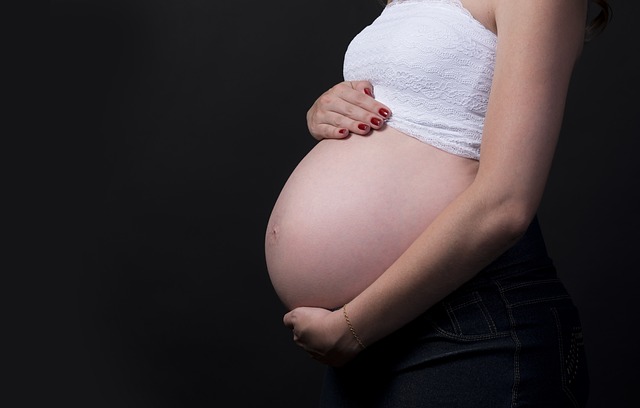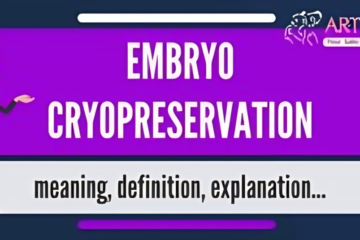On June 7, 2022, our Ministry of Health and Family Welfare introduced the Assisted Reproductive Technology Rules, Act 2022. Banks and assisted reproductive technology clinics must adhere to the significant changes and regulations imposed by the central government.
New Levels of ART Clinics The federal government has established two distinct levels of ART clinics, each with distinct authorizations and a predetermined list of medical procedures that can be carried out by them.
Level 1 and Level 2 are the two groups of ART clinics. Only couples who require assistance with the intrauterine insemination (IUI) procedure are granted access to the level 1 ART clinic. All Level 1 ART clinics are specifically mandated by the Ministry of Health and Family Welfare to only perform IUI procedures on couples attempting to conceive.
Level 2 ART clinics have a much broader scope of operations, allowing them to perform all embryo-related procedures, including egg retrieval, transfer, and fertilization. The ART clinics must always operate in accordance with their certified levels and limit the types of procedures they can perform.
ART banks with an IVF facility: It was emphasized that eggs are manufactured in laboratories and stored in ART banks. As a result, ART banks must have access to IVF lab facilities. The Health Minister stated that such enabling provisions would be included in the rules that would be notified at a later stage, and he agreed with this.
New Regulations for ART Banks The Ministry of Health and Family Welfare has updated and modified some of the obligations that ART banks must fulfill in order to continue operating. Donors, whether they are sperm donors or egg donors, will be collected, monitored, and properly registered by the banks. They are required to keep accurate and current records of all donors, and the National Registry should be informed immediately of any changes.
Regulations for Registration In addition, ART banks and clinics must adhere to new forms and regulations in order to become registered and begin operations. Form-1 registration is required for assisted reproductive clinics that will be performing ART procedures, and Form-2 registration is required for ART banks.
- Grievance Cell: The central government has made it abundantly clear to clinics and ART that they must have a grievance cell on the premises. Couples who wish to make a complaint about the service they received at the bank or clinic will be greatly assisted by a grievance cell.
- Preservation of Embryos ART clinics are required to adhere to new regulations and to preserve unused embryos for subsequent use on the same patient. The use of preserved embryos on any other couple than the one who donated them has been strictly forbidden by the authorities.
- Banks and clinics are required to abide by one of the most significant and significant regulations, which prohibits genetic testing prior to transplantation. Any violation of this rule will result in a criminal charge. Pre-implantation genetic testing for determining the sex or altering any genetic characteristics of the embryo in accordance with personal preferences must not be performed, and clinics must ensure this.
- Cryopreservation: The Ministry of Health and Family Welfare has established specific guidelines for the cryopreservation procedure. The ministry says that any patient or couple who wants to keep an embryo for more than ten years must ask the clinic or bank and get permission from the National Board first.
- Consent Form: In accordance with the New Rules of ART Act of 2022, ART clinics and banks must collect and sign a lot of new consent forms before beginning procedures and collecting sperm and embryos. The government has created specific forms for every step of the process, from collection to retrieval, and ART clinics must fill them out before storing them.
- Medical Examination of Donors: The government has mandated certain tests for donors of sperm or eggs in order to guarantee the couples’ safety and ensure that ART clinics adhere to the highest standards of safety.
Insurance Coverage: The Ministry of Health and Family Welfare has issued new regulations for egg donors. These are standard tests for detecting transferrable diseases like:
- HIV (Types 1 and 2);
- Hepatitis B.
- Hepatitis C; and
- Treponema Pallidum, also known as Syphilis.
The ministry has mandated that ART clinics and banks ensure that the couple purchases general health insurance coverage for the donor for at least a year from a company or agent approved by the Insurance Regulatory and Development Authority.
The sum ought to be sufficient to cover any and all costs incurred during egg retrieval if anything goes wrong. In addition, according to section 22(4)(ii) of the Assisted Reproductive Technology Act, 2021, the couple must sign an affidavit that must be sworn in front of a Metropolitan Magistrate or a first-class Judicial Magistrate.




